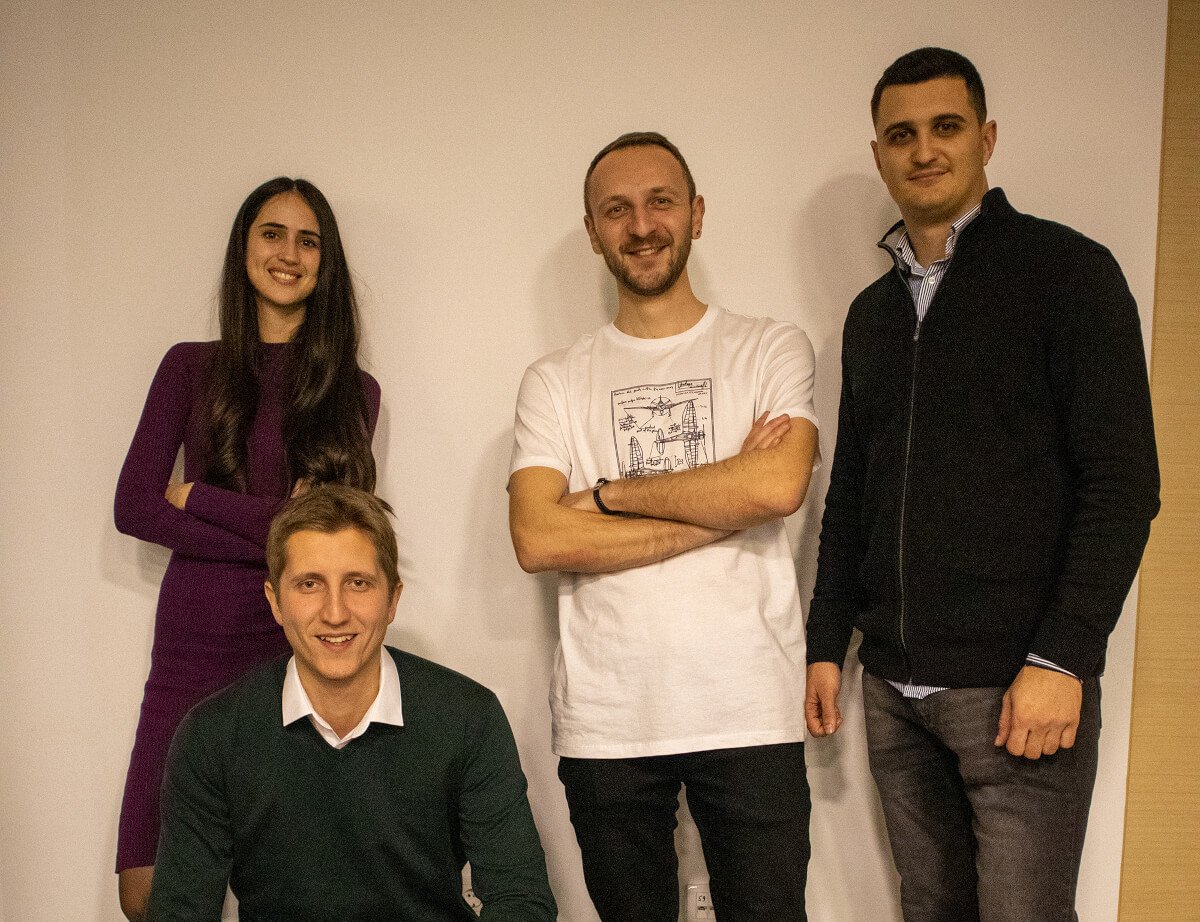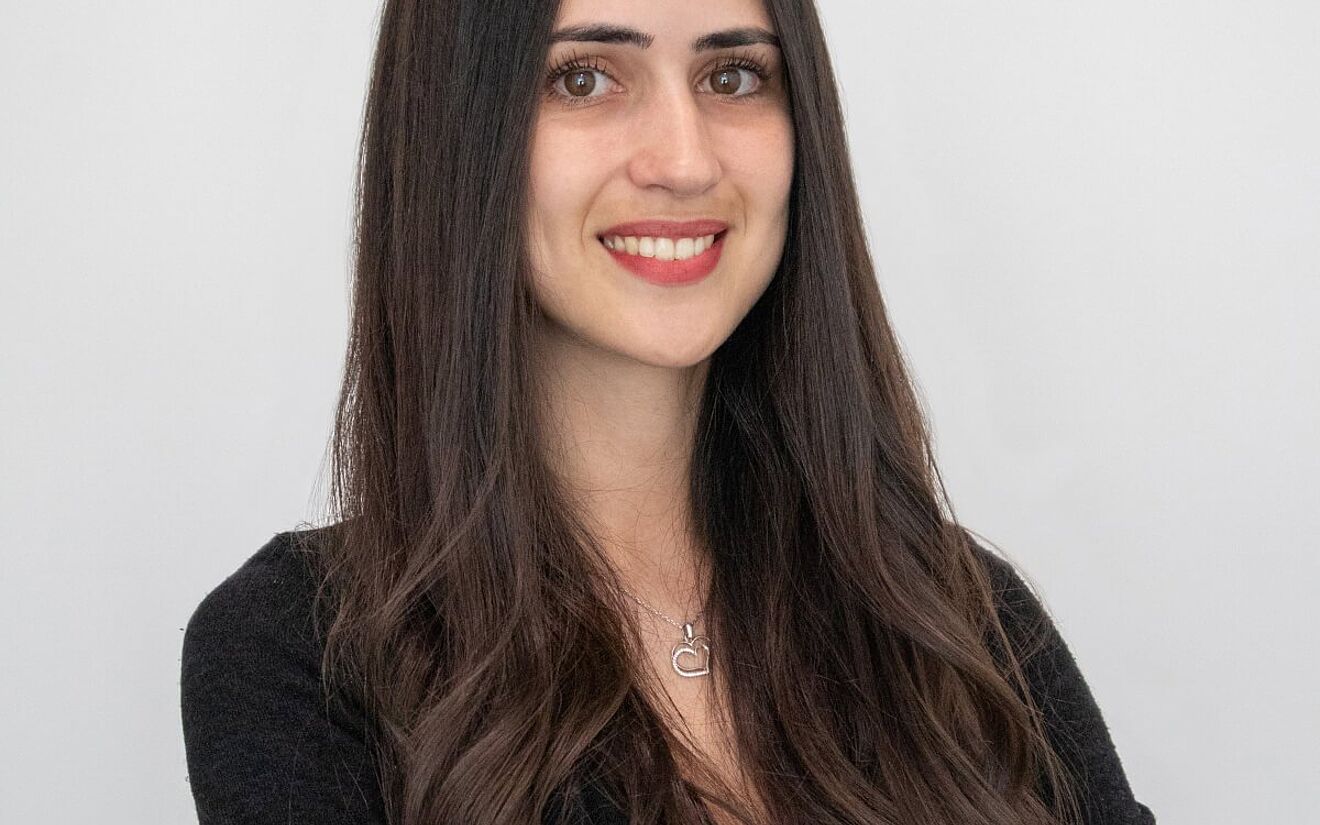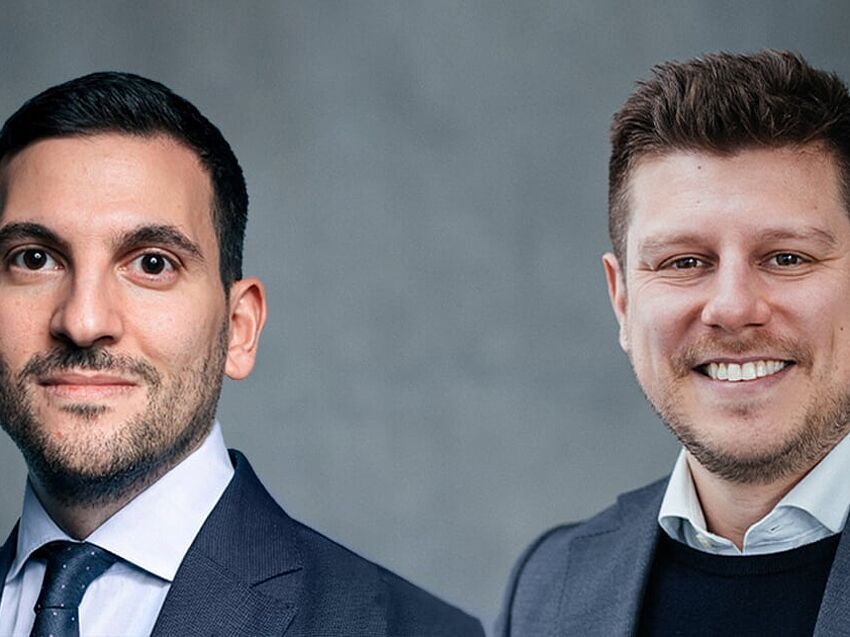An Interview with Aleksandra Glendža, Co-Founder and ALLPLAN Project Manager at NS Drafter
In the fast-paced world of project delivery, technical skills alone are no longer sufficient for success. Soft skills, such as communication, leadership, adaptability, and teamwork, have become increasingly important in achieving project goals and driving overall success. ALLPLAN had the pleasure of speaking with Aleksandra Glendža, co-founder and an experienced project manager at NS Drafter, who shares some valuable insights on how soft skills have been critical to the successful delivery of projects, and how they can help individuals and teams navigate challenges and achieve their goals.
How have you honed your soft skills over the years, and how, together with ALLPLAN, has this contributed to your success as the ALLPLAN Project Manager at NS Drafter?
Aleksandra: As a Project Manager with 5 years of experience working with ALLPLAN software, my success at NS Drafter has been due to a combination of developing various soft skills, as well as my proficiency with ALLPLAN’s features and capabilities.
Effective communication, leadership skills, time management, and my interpersonal skills have all been developed over the years as I progressed to the role of project manager. Although, there two key skills that have been pivotal, and those are problem-solving and critical thinking. With these, I identify issues, analyze situations, and propose effective solutions to overcome challenges and keep projects on track. This has allowed me to make informed decisions that align with project objectives and priorities, and ensure successful project delivery.
As a Project Manager, you likely need to manage various stakeholders, from drafters to clients. How do you effectively maintain communication and collaboration with such a diverse group of people?
Aleksandra: Understanding the team dynamics and individual personalities within the team is essential for effective communication. This understanding can be gained through team-building activities and personal interactions, which can positively impact communication within the team. We also have daily meetings to discuss project tasks, deadlines, and feasibility.
In situations where I am not available, such as when I am on sick leave, I ensure clear communication channels with my team members, and empower some of them to handle specific tasks. I remain involved through regular email updates and requests to stay informed about project progress.
Managing multiple projects and deadlines must be challenging. Can you walk us through your approach to prioritizing tasks and managing your time effectively?
Aleksandra: I use various time management apps and tools, including a calendar that contains my weekly and daily plans, meetings, and other activities. Additionally, I use the Trello app for project tracking and organization, allowing me to easily monitor the progress of each project, assign team members, and track open discussions, topics, and issues. The Trello app is also integrated with my calendar, providing a comprehensive overview of the timetable and time schedule for each team and project. In addition, we have internal checklists for technical tasks that serve as a quality assurance tool and as reminders for other tasks.
Project delegation is another critical aspect of time management, particularly when urgent issues arise and require swift action. In such cases, I prioritize assignments based on the urgency of the issue and the vision I have for each team member. It is crucial to handle these situations quickly and delicately to minimize any potential repercussions on other projects or teams and to ensure that deadlines are met.

That’s a good point – how do you ensure that everything stays on schedule and within budget?
Aleksandra: Strong organizational skills are vital, and I maintain an organized project through meticulous planning. This involves creating a detailed project schedule that outlines all project tasks, deadlines, and dependencies. In addition to utilizing tools for time and project management, I also maintain written notes to track project status, corrections or additions, QA status, and other important information for each project. When unforeseen situations arise – as they often do – then it’s down to me to explore options, such as adjusting deadlines or reallocating drafters.
Which brings us to another important area – change management. What’s your approach to this?
Aleksandra: Again, communication plays a crucial role in change management. The team may sometimes seem more reluctant to embrace the change. In that case, it’s essential to address their questions and concerns. They need to be heard, but also it is up to me to provide them with the necessary information and support to understand and embrace the change.
I am fortunate to work with a team of highly competent and cooperative individuals who maintain open lines of communication and are always willing to lend a helping hand. This positive team dynamic creates a supportive and collaborative work environment, even for newcomers who may require assistance.
Thanks for these useful insights, Aleksandra. What final message would you give to our readers?
Aleksandra: Technical skills are important, but they alone are not enough to navigate the complexities of modern projects. The soft skills we discussed are all essential for achieving project goals and driving overall success, as well as for taking your project management abilities to the next level.




